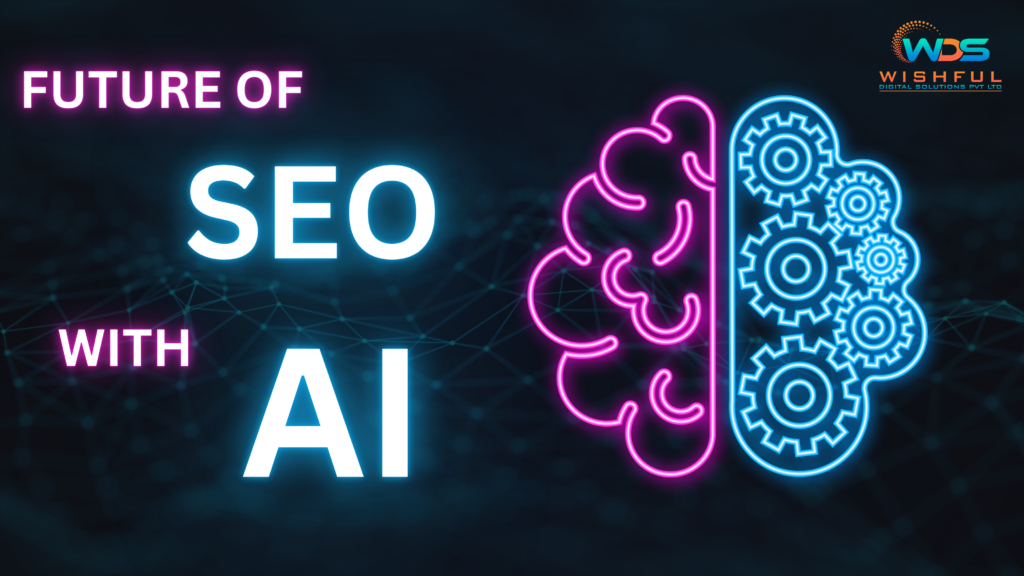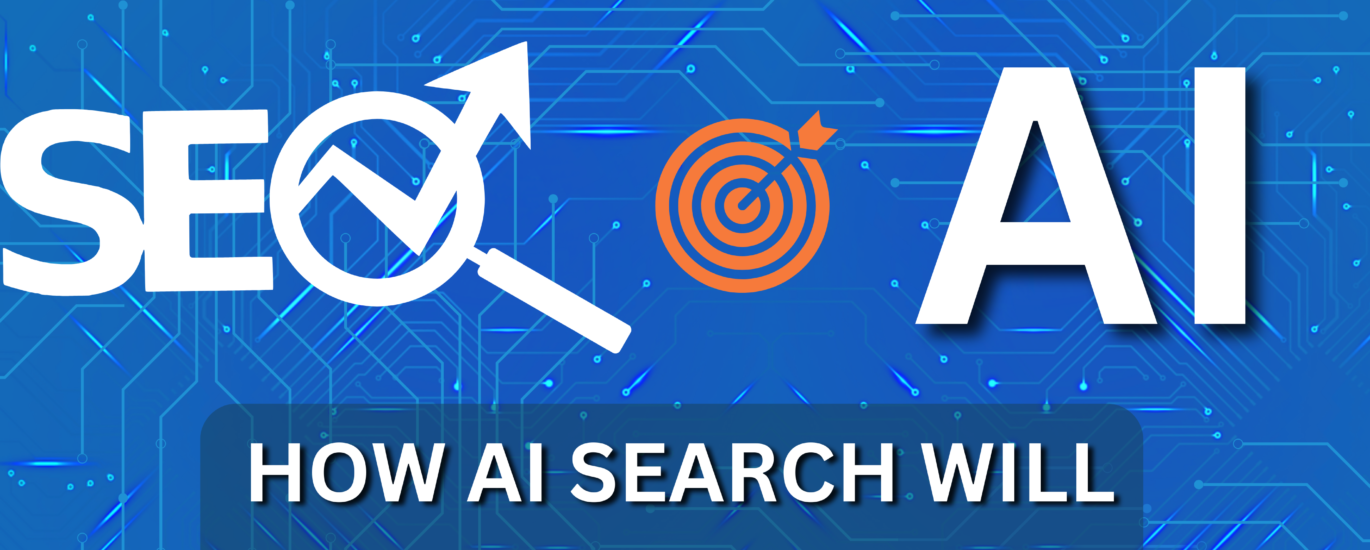AI search is already having a significant impact on SEO (Search Engine Optimization) and is likely to continue shaping the SEO landscape in various ways. Here are some ways AI search is influencing SEO:
Personalization: AI-powered search engines, like Google, are becoming increasingly personalized. They consider a user’s search history, location, device, and other factors to deliver personalized search results. SEO professionals need to focus on optimizing for user intent and providing a personalized experience to their target audience.
Voice Search: With the rise of virtual assistants and smart speakers, voice search has become more prevalent. AI algorithms play a crucial role in understanding and processing natural language queries, which means SEO strategies must adapt to optimize for voice search. Long-tail keywords and conversational content are becoming more important.
Semantic Search: AI-driven search engines are better at understanding context and semantics. They can understand synonyms, related terms, and user intent more effectively. SEO professionals must create content that is semantically rich and covers a broader range of topics related to their niche.
Content Generation: AI can generate content, including articles, product descriptions, and more. While this doesn’t replace the need for high-quality, human-created content, it can be used to automate certain repetitive tasks, freeing up time for content creators to focus on more creative and strategic aspects of SEO.

Structured Data: AI helps search engines extract and understand structured data from web pages. Implementing structured data markup (such as Schema.org) helps search engines better understand the content on your website, leading to improved search results, featured snippets, and rich results.
Ranking Algorithms: Search engines use AI algorithms to rank web pages. Google, for example, uses machine learning to understand and predict which pages will be most relevant to a user’s query. SEO professionals must stay updated on algorithm changes and adapt their strategies accordingly.
User Experience: AI can analyze user behavior and preferences to improve user experience on websites. Factors like page load speed, mobile-friendliness, and content quality impact SEO rankings. AI can help optimize these aspects based on user data.
Predictive Analytics: AI can provide valuable insights through predictive analytics. SEO professionals can use AI to predict trends, identify potential issues, and make data-driven decisions to improve their strategies.
Local SEO: AI-driven search engines pay significant attention to local intent. Optimizing for local SEO, including Google My Business listings and location-based keywords, is essential to capture local traffic effectively.
Algorithm Updates: Search engines continually update their algorithms, and AI plays a role in these updates. SEO professionals need to adapt their strategies to accommodate these changes promptly.
In summary, AI search is transforming SEO by making it more personalized, context-aware, and efficient. SEO professionals must adapt by focusing on user intent, voice search, semantic content, and staying updated on algorithm changes. Embracing AI tools and techniques can help SEO practitioners remain competitive and provide a better user experience for their audience.

